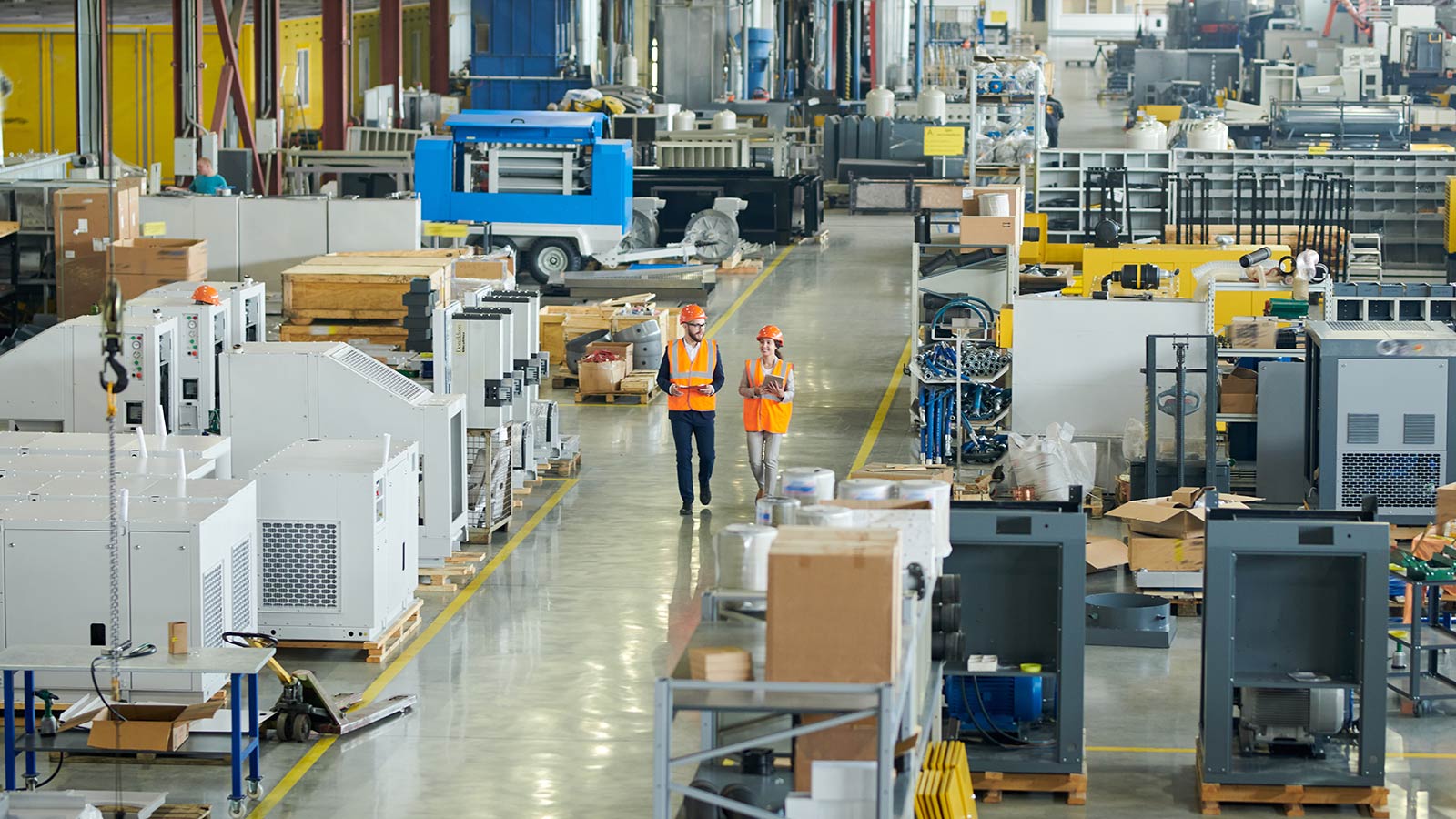Tax Pressures Loom Large in Q2 Manufacturing Industry Survey
Never miss a thing.
Sign up to receive our insights newsletter.

The National Association of Manufacturers (NAM) recently conducted its Q2 2024 Manufacturers’ Outlook Survey which revealed valuable insights into the current state of the manufacturing industry. The survey was conducted in May among 214 individuals and underscores the respondents’ urgency for Congress to act against tax increases.
According to survey results, these potential tax hikes threaten job creation, the ability to support communities and economic competitiveness. As industry voices sound the alarm on the need for action, the survey results also reveal other sentiments related to workforce challenges, permitting reform and recruitment initiatives.
A Mixed Outlook on Manufacturing
Despite a modest improvement over the previous quarter, manufacturing sentiment in Q2 remained below the historical average.
Approximately 72% of respondents expressed either somewhat or very positive outlooks for their companies, slightly up from 69% in the previous quarter. However, this marked the seventh consecutive reading below the moving average of 75%, with an average of 68% over the past four surveys.
Persistent Workforce Challenges
Workforce challenges continue to dominate the manufacturing industry. Over 67% of manufacturers cited the inability to attract and retain employees as their primary challenge. This was followed by rising health care costs (67%), an unfavorable business climate (60%) and a weaker domestic economy (57%).
While workforce challenges remain a major concern, the percentage of manufacturers considering it their primary concern has been gradually decreasing since the peak in Q4 2021. Conversely, concerns over rising health care costs have been steadily increasing, rising by 39% over the past eight consecutive quarters.
The Industry Impact of Tax Policy
Scheduled tax increases continue to be a hefty concern. Manufacturers are urging Congress to prevent tax increases that they believe could adversely affect the industry.
Nearly 94% of survey respondents indicated that Congress should take action before the end of 2025 to prevent scheduled tax increases on manufacturers. Respondents say that failure to prevent tax increases could limit capital investment opportunities, decrease job creation, hinder global competitiveness and reduce R&D spending.
Tax Concerns for Small Businesses
The potential loss of the 20% pass-through deduction is of particular concern to small businesses, many of which are organized as pass-through entities.
Nearly 93% of pass-through manufacturers reported that the loss of this deduction would impact their ability to grow, create jobs and invest in their businesses.
Legislative Considerations for AI
Manufacturers emphasized the importance of lawmakers understanding how the industry uses artificial intelligence (AI).
As Congress considers legislation and regulations regarding AI, 87% of respondents believe it is crucial for lawmakers to comprehend the practical applications of these technologies.
Permitting Reform and Investment Barriers
A complex permitting system continues to hinder investment in the manufacturing sector.
The majority of respondents (72%) expressed concerns about the length and complexity of the current permitting process, which they feel negatively impacts investment decisions. Streamlining this process could enable manufacturers to expand operations and hire more workers, according to survey respondents.
Weaver professionals are proud to help manufacturing clients navigate these challenges with meaningful and strategic insights. For more information on how Weaver can help your business, contact us today.
Authored by Chris Boyd, CPA
©2024